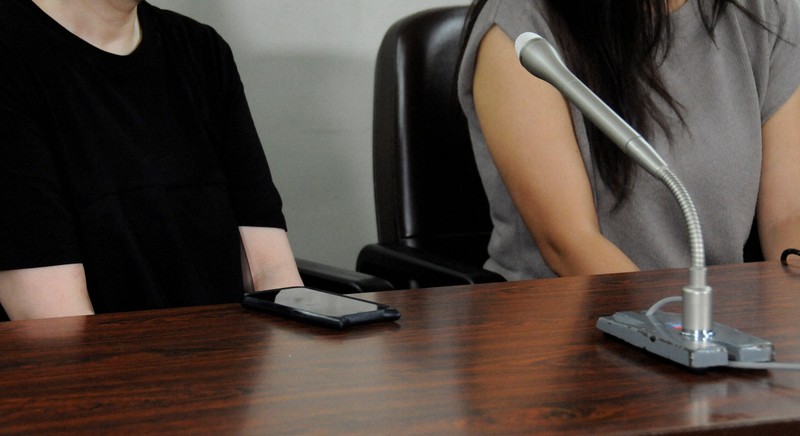Japan's leading beauty salon chain "Muse" has officially declared bankruptcy, bringing respite to its former employees who had been waiting for a resolution. The process has provided these workers an opportunity to move forward after months of uncertainty about their jobs and unpaid salaries. The economic impact of this bankruptcy is yet to be comprehensively analyzed; however, it is expected to cause a ripple effect in the beauty industry.
The bankruptcy of Muse is significant in Japan as it reflects the challenges faced by the beauty sector due to the COVID-19 pandemic. The plight of the laid-off employees showcased the societal and economic repercussions of the company's downfall. In Japan, company loyalty is a cornerstone value and the expectation of lifelong employment with a single company is common, making layoffs a socially significant issue.
In the US and EU, significant emphasis is placed on employee protection in such cases. There are strong laws ensuring that employees are paid for their work, even in the event of a bankruptcy. This contrasts somewhat with Japan, where the rules can be more flexible and protecting workers' rights tends to be a lower priority than assuring the company’s survival.

